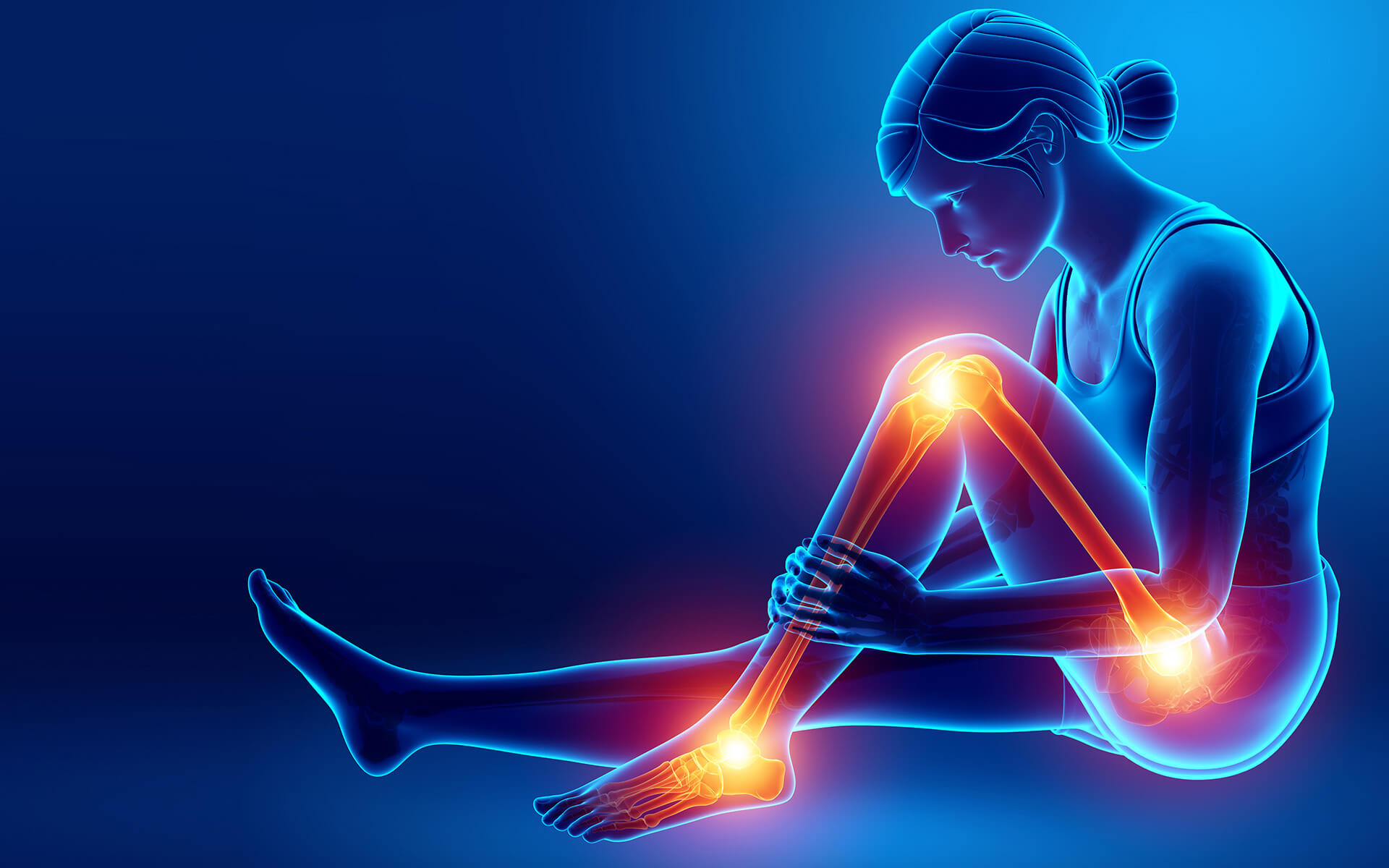Introduction:
Paralysis is a medical condition that affects millions of people worldwide. It is a loss of muscle function in part or all of the body, resulting from damage to the nervous system. Paralysis can be caused by various factors, ranging from accidents and injuries to medical conditions. This article aims to provide a comprehensive overview of paralysis, including its causes, types, and available treatments.
Causes of Paralysis:
Paralysis can be caused by traumatic events such as spinal cord injuries, brain injuries, or accidents leading to nerve damage. Auto accidents, falls, and sports injuries are common culprits. Medical conditions like stroke, multiple sclerosis, cerebral palsy, and Guillain-Barré syndrome can also lead to paralysis. Additionally, infections such as polio and transverse myelitis can result in paralysis.
Types of Paralysis:
There are different types of paralysis depending on the area of the body affected and the severity of the condition. Monoplegia affects one limb, like an arm or a leg. Hemiplegia affects one side of the body, usually an arm and a leg on the same side. Paraplegia affects both legs and sometimes part of the lower body. Tetraplegia, also known as quadriplegia, involves the paralysis of all four limbs and typically includes the trunk and pelvic organs.
Treatment Options:
The treatment of paralysis depends on its cause and severity. In cases of traumatic injuries, immediate medical attention is crucial to minimize damage and promote recovery. Stabilization of the spine, surgery, and rehabilitation programs can be used to improve outcomes.
For conditions like stroke and multiple sclerosis, physical therapy and occupational therapy play a vital role in restoring functionality and enhancing quality of life. Assistive devices like wheelchairs, braces, and walking aids can also help individuals with mobility challenges.
In some cases, medications may be prescribed to manage pain, muscle spasms, and other symptoms associated with paralysis. Experimental treatments such as nerve cell transplantation and electrical stimulation are being researched and show promising potential in some cases.
Psychological Support:
Living with paralysis can be emotionally challenging for both the affected individuals and their families. Psychological support and counseling are essential to help cope with the emotional impact of paralysis and to build resilience. Support groups and community involvement can also provide valuable connections and a sense of belonging.
Technology Advancements:
Advancements in technology have significantly improved the lives of individuals with paralysis. Devices such as exoskeletons and brain-computer interfaces are being developed to assist paralyzed individuals in regaining mobility and independence. These innovations have the potential to revolutionize the field of rehabilitation and offer new hope for those living with paralysis.
Prevention and Safety Measures:
Preventing paralysis involves taking safety precautions and adopting a healthy lifestyle. Avoiding risky behaviors, wearing protective gear during sports or high-risk activities, and following traffic rules can reduce the chances of accidents leading to paralysis.
Additionally, regular exercise, a balanced diet, and managing underlying health conditions can contribute to overall well-being and potentially lower the risk of certain medical conditions that may cause paralysis.
Conclusion:
Paralysis is a complex medical condition that can have a profound impact on individuals and their loved ones. Understanding its causes, types, and available treatments is crucial in providing the necessary care and support to those affected. Advances in medical research and technology continue to offer hope for improved outcomes and better quality of life for individuals living with paralysis. Moreover, promoting safety and adopting healthy lifestyle habits can contribute to reducing the incidence of paralysis in our communities.









